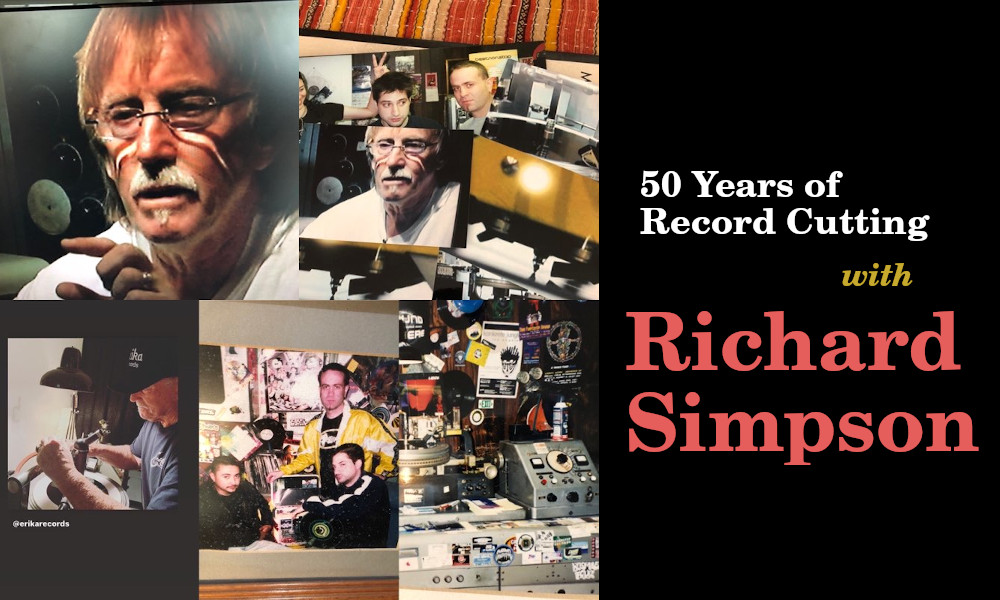- Joined
- Jan 15, 2022
- Messages
- 1,116
- Likes
- 1,400
I don't know why, just that that has been my experience. The idea of fidelity, high or otherwise, just doesn't enter into it too much. Maybe because everything is different every time? Mostly because if your doing it with actual instruments it is rarely played the same way twice (the musicians are always tweaking the pedalboards/sounds, there is no written score, there is a lot that is done by improv and feel). Also the venue's acoustics generally suck (they're small, usually mostly reflective surfaces, and the PAs are really hit or miss). Also the idea that the listener is supposed to listen to it on super-transparent gear in a quiet listening environment doesn't really happen. More likely they are on the stage bumping into the musicians when they are playing. Also, your music is going to be heard on whatever the listener effing wants to listen to it on. Who is going to tell them there soundbar, car speakers, phone speaker are the wrong way to do it? Plus, most of the music I listen to is guitars/synths and drums stacking various forms of distortion and noise filters on top of one another. It doesn't mean we don't want it to sound "good", just that the idea of being able to pick out the relatively tiny distortion contributed by any modern playback system compared to all that has ben intentionally added is sorta silly?Yes, I somewhat skipped that, "Experience" part. I should have underscored it in my mind's eye and responded accordingly.Sorry about that. Why would the DIY/Punk scene be different?
Lately, I've been composing music in Logic Pro. There is literally no recording going on, it is all simulated instruments. I could be making the cleanest possible sounding music there could be. No mic noise! No studio noise! But I honestly don't think that all of the so-called issues of vinyl matter one tiny little bit, for the music I am making. (and I can simulate them all). It's not like anyone is going to go " Oh my god! listen to that inner groove distortion,” when what they are hearing is screaming, distorted guitar noises with massive feedback or "the noise floor of vinyl, really destroys the ambience of X recorded live at CBGB's." What I am making is in the vain of late 70's early 80's post punk combined with contemporary noise artist like Low, but based around contemporary industrial/techno rhythms, BTW.
Last edited:


